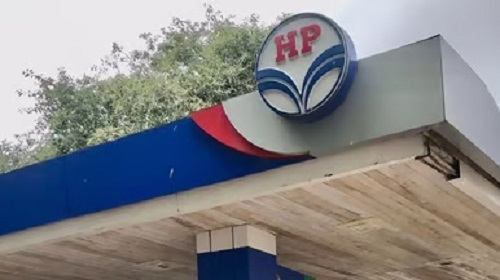Punjab signs pact with HPCL for 10 compressed biogas plants
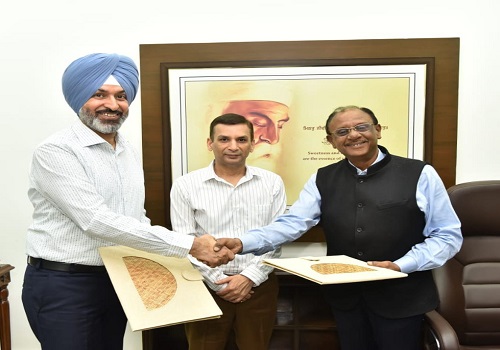
Follow us Now on Telegram ! Get daily 10 - 12 important updates on Business, Finance and Investment. Join our Telegram Channel
Punjab Energy Development Agency (PEDA) on Friday signed a memorandum of understanding (MoU) with Hindustan Petroleum Corporation Ltd (HPCL) for setting up ten compressed biogas (CBG) projects and other new and renewable energy projects in the state.
The pact was signed by Chief Executive Officer, PEDA, Amarpal Singh and Executive Director, HPCL, Shuvendu Gupta here in the presence of Ravi Bhagat, Secretary, New and Renewable Energy Sources, Punjab.
Gupta said HPCL would initially set up ten CBG projects with an investment of about Rs 600 crore. It will also explore possibilities of establishing other renewable projects.
These ten plants are expected to produce over 35,000 tonnes of CBG and about 8,700 tonnes of organic manure annually, besides generating revenue of around Rs 300 crore annually from CBG production.
The projects will also generate direct employment opportunities for more than 600 people and about 1,500 indirect jobs.
Amarpal Singh said with the implementation of these ten projects, at least 2.75 lakh tonnes of paddy straw will be prevented from being burnt in about 1.10 lakh acres.
This will prevent creation of CO2 emissions and other pollutants to the tune of five lakh tonnes annually, which is equivalent to planting 83,000 trees each year.
The projects will also create around 50 rural entrepreneurs for supply of paddy straw to these plants, further creating employment for more than 500 people.
Inviting other CBG developers for investment in the state, Punjab New and Renewable Energy Sources Minister, Aman Arora, said the government’s business-friendly and transparent policies have created the most conducive environment for industrial growth.
He emphasised that Punjab is an agrarian state and has an immense potential for crop residue-based CBG projects.
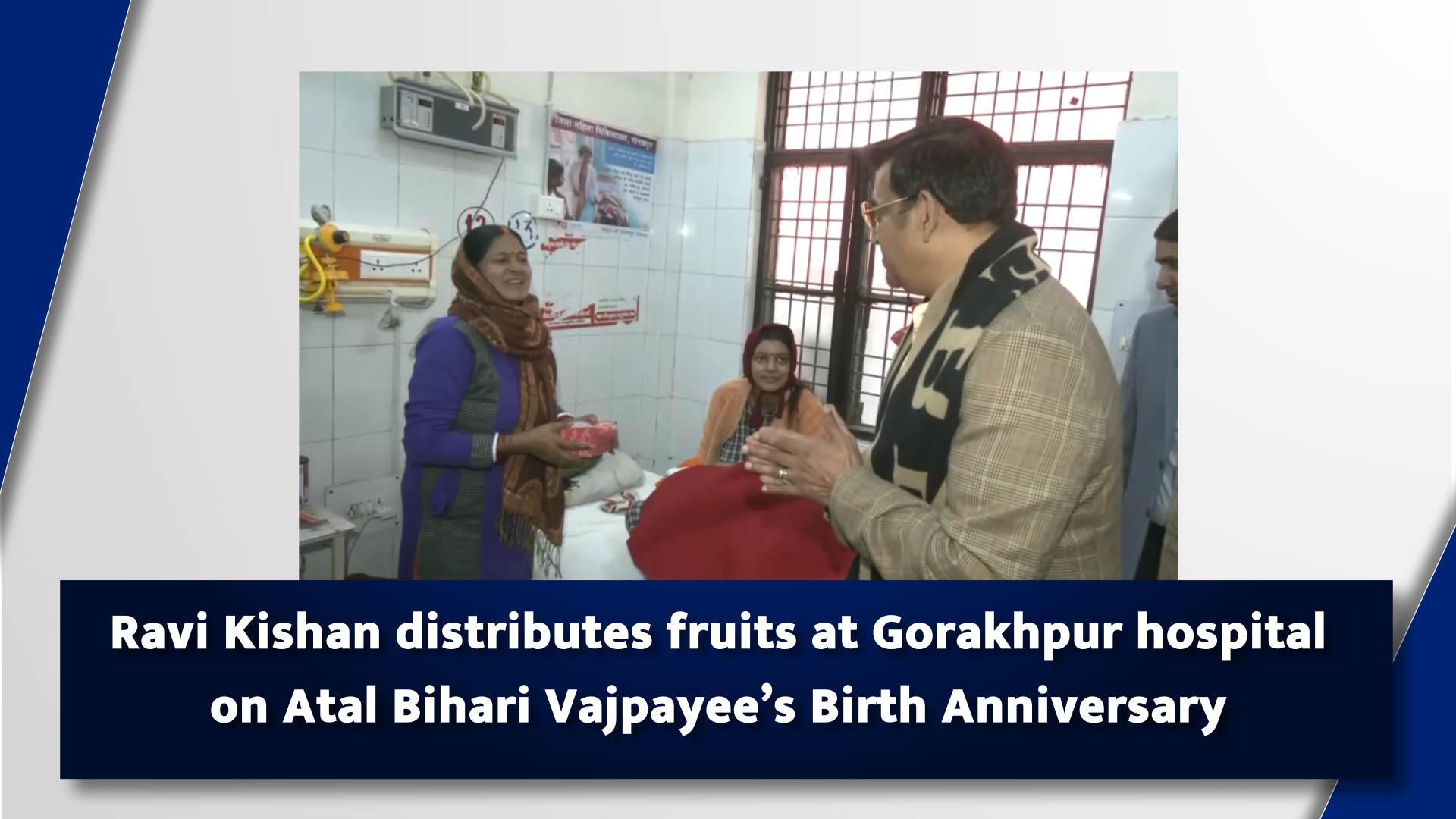
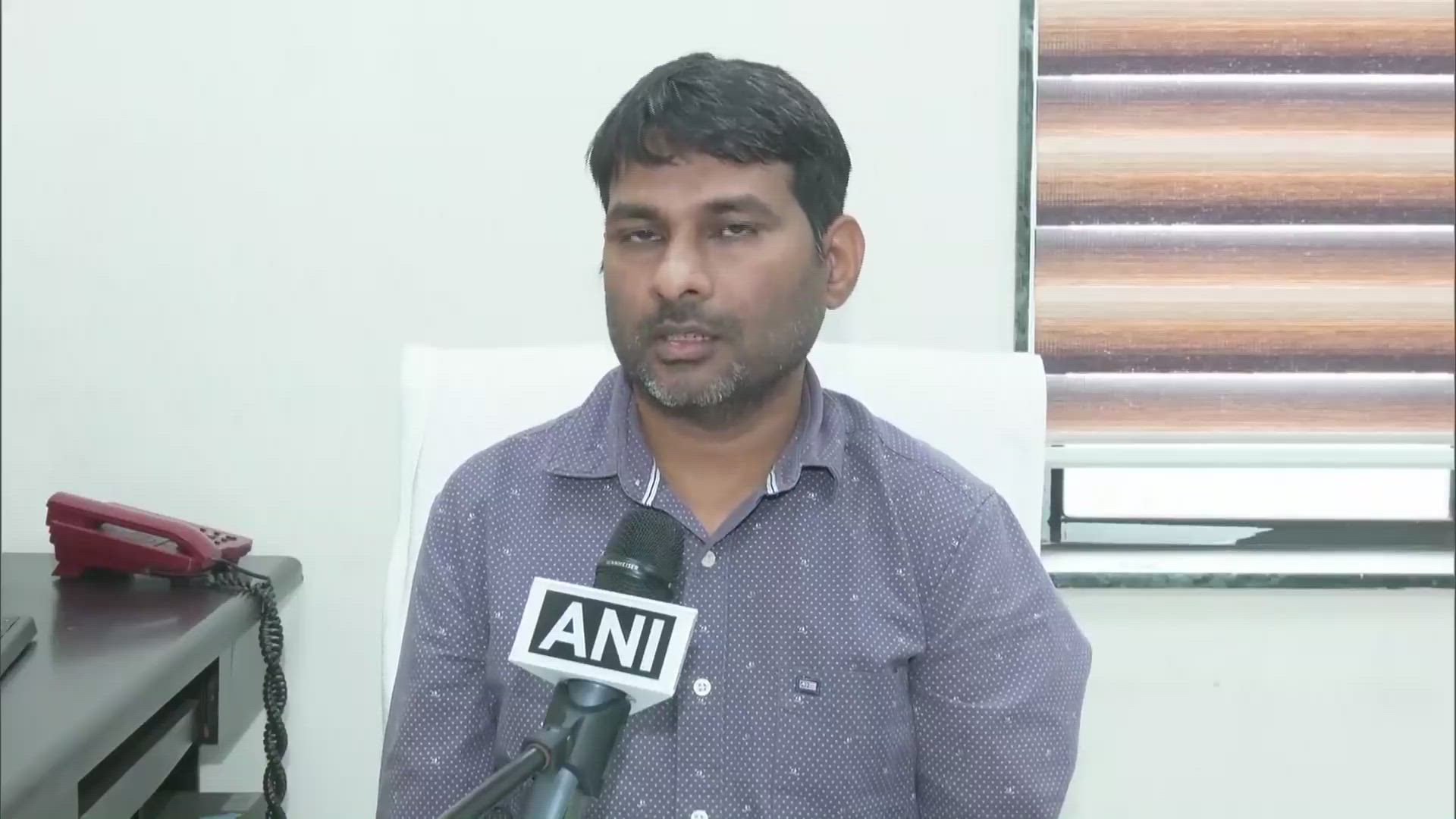




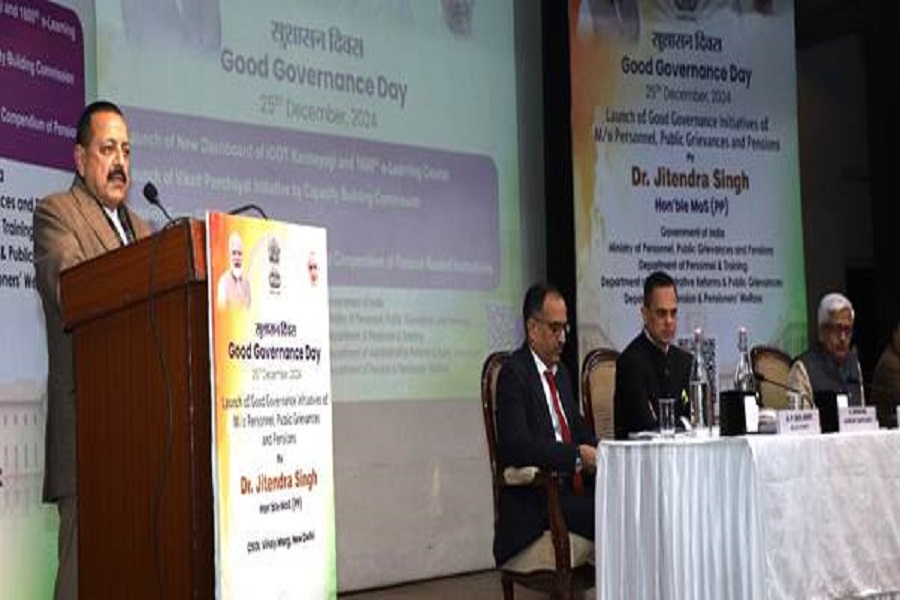





 320-x-100_uti_gold.jpg" alt="Advertisement">
320-x-100_uti_gold.jpg" alt="Advertisement">






